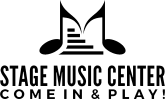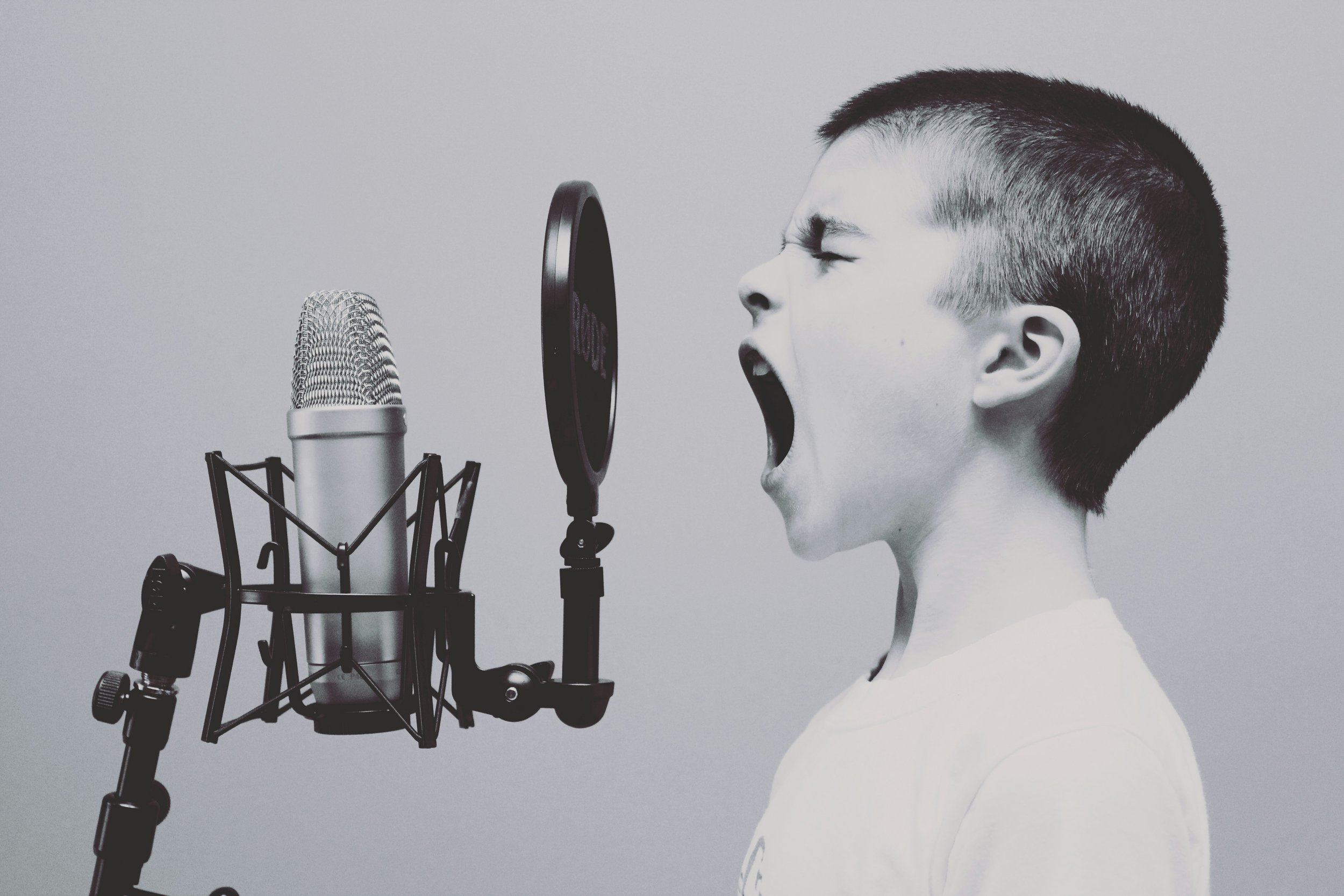Can You Start Taking Voice Lessons At Any Age?
Everyone enjoys singing, regardless of their age, or whether they’ve had any formal music education. But do you know what is the best age to start taking vocal lessons?
When we think of ‘music education,’ what usually comes to mind is young children playing the piano or the violin, instead of vocal lessons. While it is best to start any kind of education from a young age, it doesn’t have to be restricted to childhood! Our voices mature throughout our lives, so no matter when you start, voice lessons can be beneficial for everyone.
That said - as with anything else, taking vocal lessons at a young age will have more benefits than doing so later in life. As adults, we tend to stick to certain techniques and habits that we are used to and that are difficult to let go of! For children, learning new ways to do something is not as challenging as it may be for adults. Still, as long as you have the dedication and patience to push through, you can start taking voice lessons at any age.
What is the Best Age to Start Taking Voice Lessons?
Typically, the best age to start with voice lessons is from 6 to 8 years. At this age, it is easy to pick up on new techniques much faster and have fun during the learning process too.
The best age to start with voice lessons is from 6 to 8 years.
For adults taking voice classes, the environment in which they are learning may be a bit stiff, because of the nature of the setting and age. Learning how to control your voice and apply different techniques can be tough. Adults are also often more afraid to make mistakes than children. The kinds of songs they may be asked to sing would also be different from those taught to kids.
For children, however, the learning environment allows for more freedom. And because children learn fast and have more time to learn new things, they will be able to achieve higher levels of productivity and become better singers over time.
Benefits of Taking Vocal Lessons For Everyone
While it is true that voice lessons are best when started at a young age, you should not give up no matter what your age! All it takes is the motivation to learn singing.
There are plenty of benefits for everyone in taking vocal lessons. You might think that vocal lessons will only help you become a better singer, but in learning any skill, you are also enhancing other soft skills that you may not be aware of, and vocal lessons are no different.
Singing is a way to express yourself, but everything that comes with becoming a better singer has a positive impact on you in ways you might not realize.
With singing lessons, you’ll see an improvement in your posture as well as your vocal capabilities.
Posture
You’d be surprised how closely linked your posture is with being a good singer. Constantly staying hunched over your work can result in limited breath capacity, along with all the back pain and aches. With singing lessons, you’ll see an improvement in your posture as well as your vocal capabilities. For young children, this can be extremely beneficial in helping them grow up healthy too.
Confidence
Your voice is a personal part of you - it’s not something you hide, so having confidence in yourself is extremely important if you want to be a good singer. Taking vocal lessons will help build your confidence, which will help you in other areas of life as well.
Stress and Mental Alertness
For singers, controlling your breathing is extremely important. You will sing better by getting control over your breathing pattern. At Stage Music Center, our instructors use different breathing exercises to help improve your singing skills.
Besides improving your voice, breathing exercises provide more oxygen to your brain and other organs. As such, you will experience reduced stress, improvement in your mood, and better mental alertness. The improved mental state will help you with other aspects of your life as well, from work to physical and emotional health.
All of these benefits apply to everyone who chooses to start vocal lessons. But these will have a stronger impact on younger people, because it will help them with their schoolwork, physical health and even improve their interpersonal communication skills.
How Do You Know You Or Your Child Are Ready for Voice Lessons?
While there aren’t many requirements for voice lessons, there are certain factors you should keep in mind.
Motivation
Motivation is key to everything. If you are motivated to learn to sing better, you are ready for vocal classes! For children, this is extra important, since it will also affect how much attention they are able to pay to their lessons.
Focus
Consistent practice and concentration are important for learning anything new and that holds true for starting voice lessons. If you are able to focus on a task for at least half an hour everyday, it means you’re ready to start vocal lessons.
Time
Of course, you would also need to be able to find time for your singing classes and practicing. As adults, it is often difficult to make time amidst all your responsibilities. And while this is not a problem for children, they often need an adult to help them with their practice. That means so you would have to make some time for your or your child’s lessons.
Maturity and Patience
Like any other training, vocal training involves following directions and instructions, and having the patience to get through the initial failures before moving on to success. If this maturity or patience is missing, it would be difficult for you to become a better singer!
If you think you meet all the requirements, then signing up for vocal classes is your next step! Remember, it’s never too late to start!
Stage Music Center provides voice lessons for all ages and skill levels. If you’re in Winchester, MA, and want to get vocal lessons for yourself or your child, you can contact us for more information or meet our faculty.
Other music topics you might be interested in from our blog:
Biomusic: When Nature Composes the Soundtrack
The Benefits of Having a Music Practice During Uncertain Times


